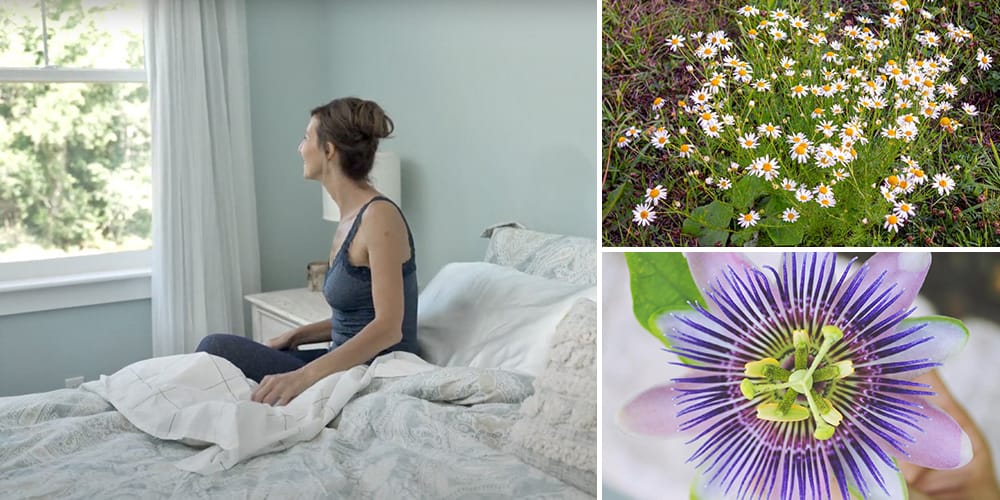
Are You Sleep Deficient or Deprived? Here Are the Top Symptoms and Solutions
Many of us notice when we are sleep deprived because we are not receiving enough hours of sleep each night. This could be caused by insomnia, working late, or having a newborn baby at home. Worry and anxiety can also lead to sleep loss if they keep us awake at night.
But if you are sleep deficient, the causes may be more difficult to detect. You are clocking in enough hours of sleep, but do not feel well rested. In fact, you may feel extremely fatigued and need to rely on a morning jolt of caffeine to get you going. Simply put, your sleep isn’t deep and restorative.
Let’s take a look at both sleep deprivation and sleep deficiency — and how to address the underlying causes so that you can get quality rest.
Causes and Symptoms of Sleep Deficiency
If you tend to collapse into sleep at the end of the day, even though you slept at least seven hours the night before, there is a good chance you are suffering from sleep deficiency.
While there are a number of causes, a few of the more common include apnea and other sleep disorders, chronic pain, fibromyalgia, depression, menopause, neurotransmitter disruption, chronic stress, sources of light in your bedroom at night, and disruptive noise. Parasitic infections can also disrupt sleep.
Additionally, viral and bacterial infections and long-haul syndrome have also been found to greatly decrease quality sleep due to inflammation:
“…[post-recovery syndrome] falls in line with other chronic illnesses for causing sleep issues. About 60 percent of people with HIV and more than 50 percent of people with hepatitis C experience poor sleep as do people with ME/CFS, also called chronic fatigue syndrome. People with inflammatory bowel disease, rheumatoid arthritis, and other inflammation-related diseases—all immune disorders – often suffer from lack of sleep.”
Symptoms range from brain fog and difficulty concentrating, feeling drowsy in the daytime and during quiet moments while reading, listening to a school lecture, or sitting in traffic, poor emotional control and a short fuse, and reliance on caffeinated drinks and food throughout the day to maintain energy and focus.
Why Restorative Sleep Should Be A Priority
Regardless of it you are sleep deprived or have a deficiency, it is important to address the root cause as both can lead to serious health consequences, such as:
- Cardiovascular disease
- Obesity
- Type II diabetes
- Depression and/or anxiety
When you aren’t well rested, productivity and relationships suffer, and we are more prone to serious accidents. Needless to say solid, deep sleep is necessary for overall wellbeing.
Lifestyle Tips
To help improve and deepen sleep, we should first address our lifestyle habits. It goes without saying that caffeinated drinks should be avoided in the afternoon and evening. Supporting your circadian rhythm is also crucial to regulate your sleep-wake cycle.
Exposure to bright sunlight before noon is ideal, but spending time (around 15-20 minutes) in front of a light specially designed for seasonal affective disorder (SAD) is a good alternative if you live in an area that has grey winter weather. Having said that, spending time outdoors, preferably in nature, is helpful – even if the day is overcast. On the flip side, avoid exposure to devices or the television several hours before bedtime as the blue light will disrupt your circadian rhythm and quality of sleep. Make sure that your room is completely dark for sleeping – opt for blackout curtains, cover your digital alarm clock, and ditch the nightlight.
I also recommend soothing bedtime rituals, such as a warm bath with a few drops of a calming essential oil (lavender, rose, chamomile, bergamot, or vanilla), a mug of hot chamomile or tulsi herbal tea, soothing music, gentle stretching, and reading are all good options to send a signal to your brain and nervous system that the day is winding down and it is time for sleep.
Herbal Solutions
Sometimes you need extra help in encouraging deep, rejuvenating sleep – especially if you are traveling a particularly stressful season of life or have a long-standing sleep disorder. Certain herbal remedies can help. My favorite botanicals for this purpose include the following:
Valerian Root
- Improves sleep by increasing the levels of the neurotransmitter gamma-aminobutyric acid (GABA)
- Decreases frequent waking at night and calms restless sleep
- Helps people fall asleep faster
- Improves sleep quality and length
- Assists in improving sleep issues connected with menopause
- Soothes stress and anxiety
A double-blind study of valerian root conducted in Sweden by the Foellinge Health Center found that, “forty-four percent [of the participants] reported perfect sleep and 89% reported improved sleep from the preparation” without any side effects.
Valerian root improves sleep by increasing the levels of the neurotransmitter gamma-aminobutyric acid (GABA). It helps to decrease frequent waking, calms restlessness, soothes sleep-disrupting stress and anxiety, shortens the time it takes to fall asleep, and improves overall sleep quality and length.
Hops
- Sedative properties for relieving insomnia
- Boosts production of GABA, a calming brain chemical that promotes sleep
- Increases sleep time; works best in combination with valerian root
- Reduces body temperature, which helps people enter into a relaxed state for sleep
- The sedative properties of hops help relieve insomnia and anxiety
Chamomile
- Acts as a sedative
- Calms the nervous system
- Soothes muscle aches and pains that may disrupt sound sleep
- Contains apigenin, an antioxidant that can induce sleep
You can source good quality, non-GMO Chamomile seeds here.
Passionflower
- Herbal sedative
- Anxiolytic (soothes anxiety) and helps calm the body and mind
- Improves sleep quality
- Improves ADHD symptoms
- Reduces the effects of menopause — including depression and hot flashes
Each of the above herbs are included in this concentrated Sleep Blend formulation. Whether you are struggling with occasional sleeplessness or a long-standing issue with poor quality rest, this potent blend can help. It’s what I use. Lemon Balm is one to take before bed (or during the daytime) if spinning thoughts or anxiety are an issue – my friend calls it “Lemon Calm” for a good reason! Swing by the apothecary today to learn more.


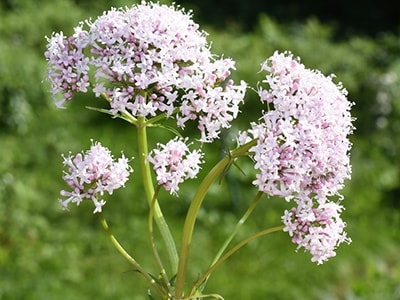


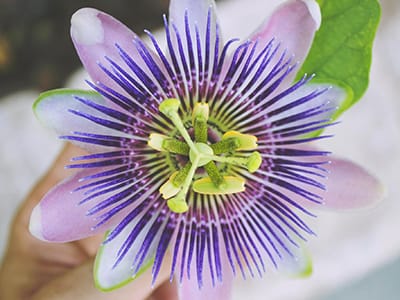
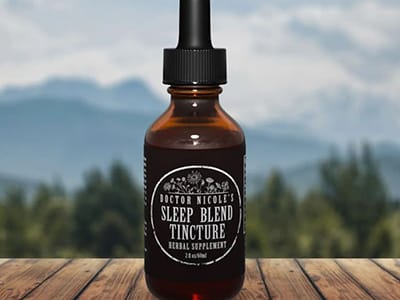
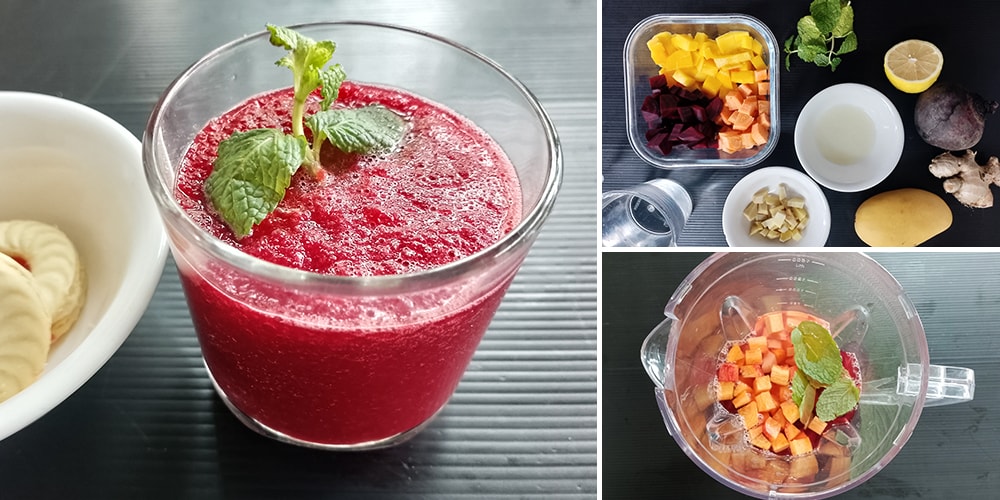
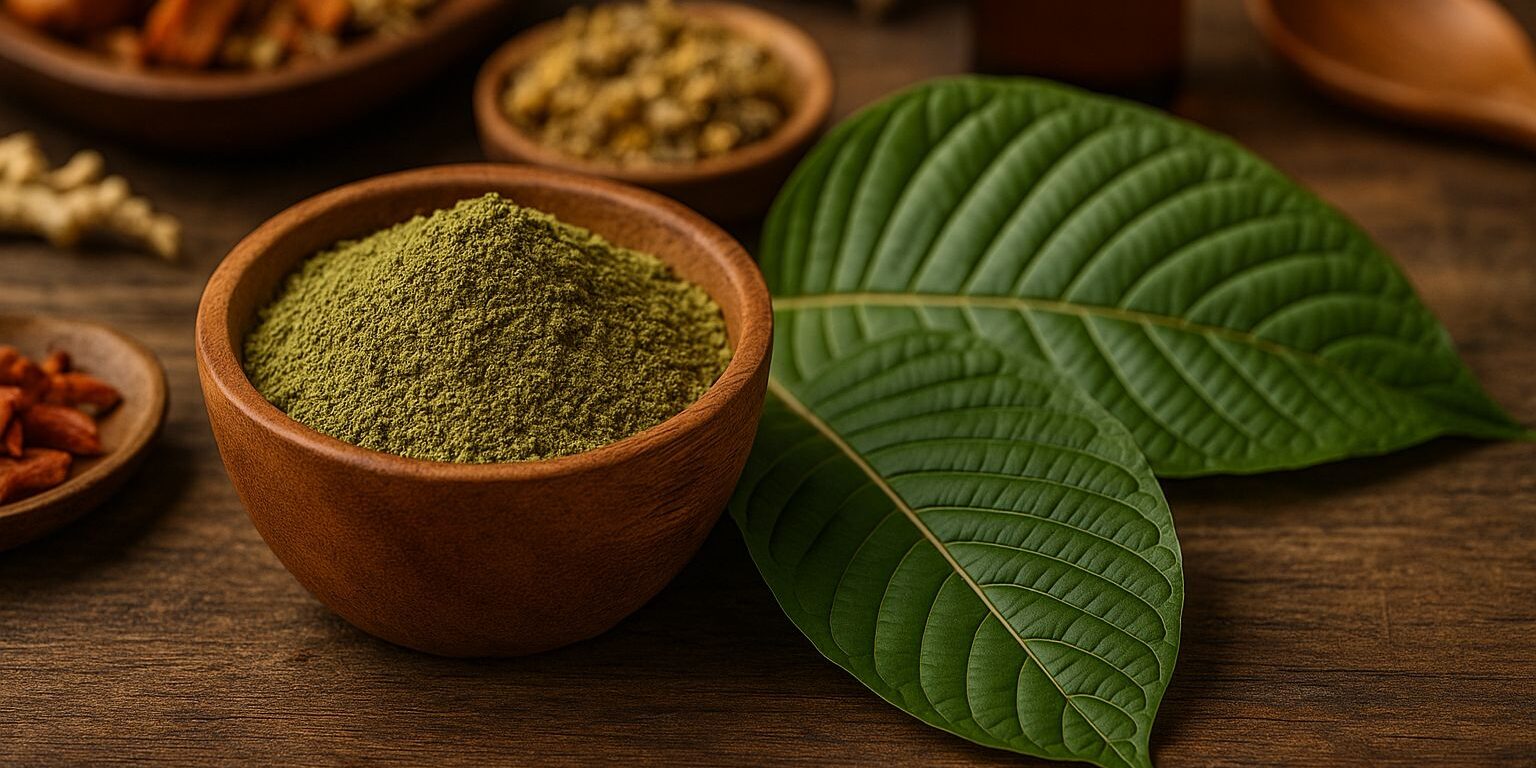

Thank you very very much for this help!
Hi Tina,
Thank you so much for your comment!
We’re glad to hear this article is helpful.
Many blessings and good health!
It’s a real shame that they’re only shipping the tincture to US addresses only, I live Australia and once again we miss out.
Hi Alex,
Thank you for your comment!
Unfortunately, for the moment, Nicole’s Apothecary delivers the products to the USA only.
Many blessings and good health!
Alex I have also emailed the same to them, try getting from iHerb they have had a few things from them in Aus